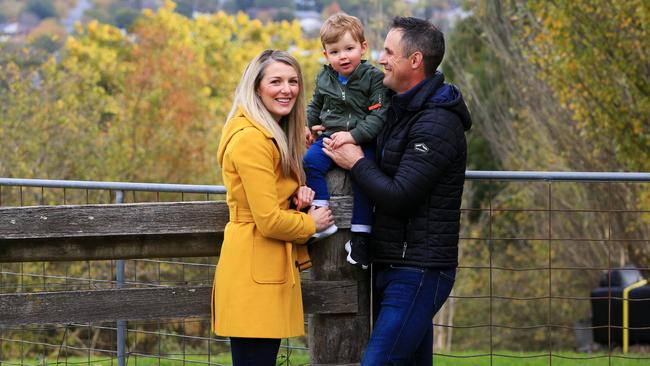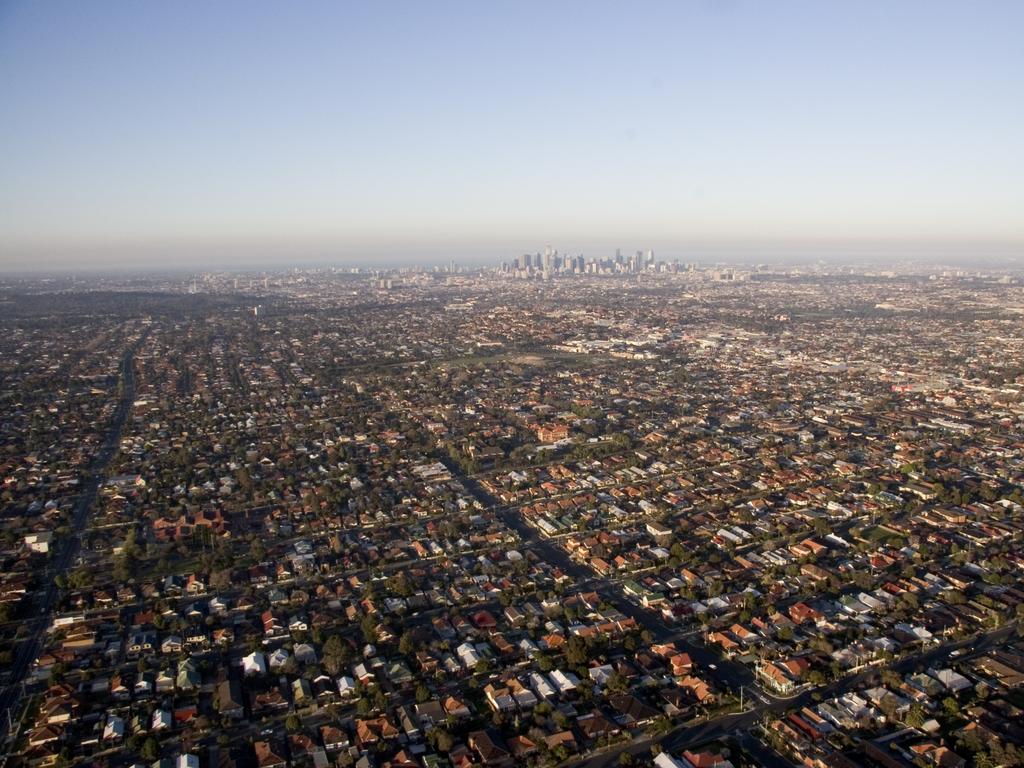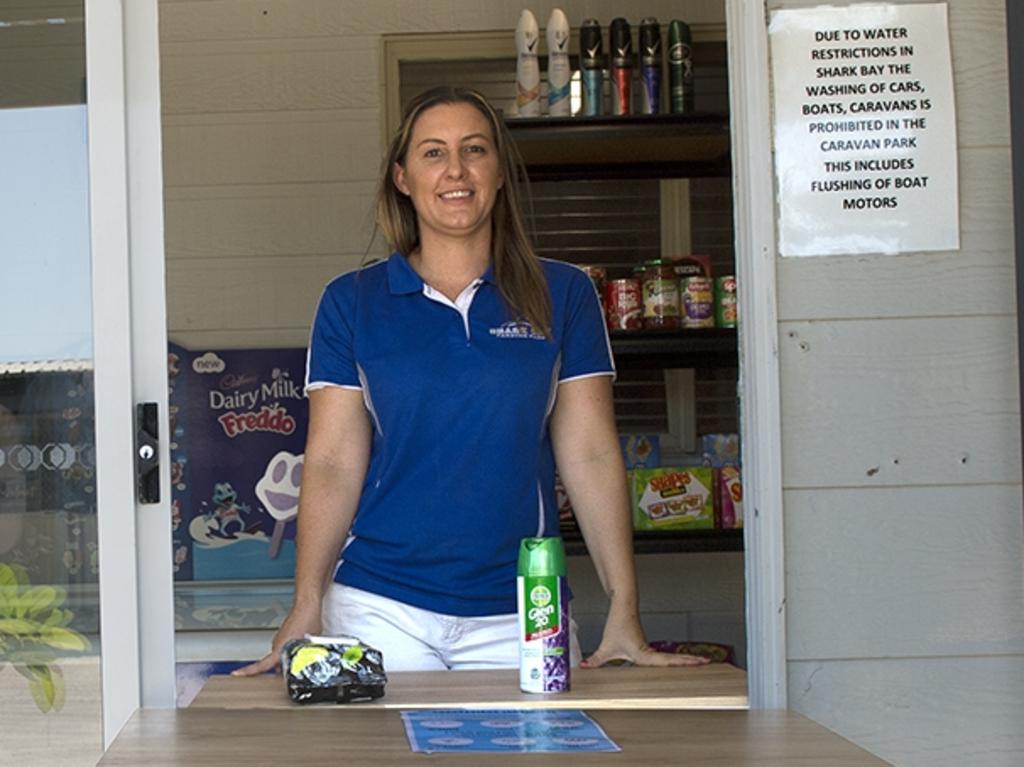Coronavirus: country living no barrier to job prospects
Big business will encourage staff to live and work in regional Australia and help develop a new population strategy.

Big business will encourage staff to live and work in regional Australia and help develop a new population strategy for the middle of the century after the pandemic showed thousands of jobs could be performed from home.
The Regional Australia Council 2031, which will be launched on Monday and has 10 founding members including Telstra, Commonwealth Bank and KPMG, will also work with the private sector over the next decade to attempt to fill about 45,000 job vacancies in the regions.
The council’s inaugural chair, Liz Ritchie, the chief executive of the Regional Australia Institute, said a push to decentralise our population had often been limited to physically moving a business into a regional town but she wanted to start mobilising people and technology.
“What we’ve learnt from our most recent experience is that we have had entrenched views about what work looks like, but we can work from anywhere,” Ms Ritchie said. “While many organisations have adopted technology and flexible work practices, there’s an opportunity for them to take it a step further and that is utilising the regions. We want to create a truly nationalised employment market where location is no barrier.”
Ms Ritchie said the age-old notion that people were leaving the regions in droves had been busted, revealing that regional Australia attracted 65,000 more people than it lost to the major cities between 2011 and 2016.
Lauren Andrews, head of corporate affairs at Bendigo and Adelaide Bank, another founding member of the council, said she fell in love with the friendliness and lifestyle of regional communities in her 20s after growing up in Melbourne.
Though she had experienced terrible roads, average phone reception and no internet coverage in the past, Ms Andrews, who lives in the Victorian town of Gisborne, said the world had opened up in regional Australia where she and husband Wade and son Casey would remain.
“One of the big fears of moving to a regional community was around missing out on career prospects and being able to work for big companies and all the fantastic benefits and opportunities that comes with that. That hasn’t been my experience at all,” she said.
“The message should be big business doesn’t have to be in a big city and people can still enjoy rewarding careers and be regionally located.”
Grant Cairns, CBA’s executive general manager of regional and agribusiness banking, said businesses and farmers often told him one of their greatest challenges was getting access to labour, which the RAC2031 and private sector would work to try to solve.
“You open up your talent pools if you have people based in regional Australia,” he said.
The RAC2031, which is independent of government but aims to influence policies affecting regional Australians, will meet four times a year and set a regional population strategy for 2056.
Ms Ritchie hoped at least 25 of Australia’s most influential businesses would sign up to the council, which would set targets to ensure employers offered their staff a choice about where they wanted to live and work.







